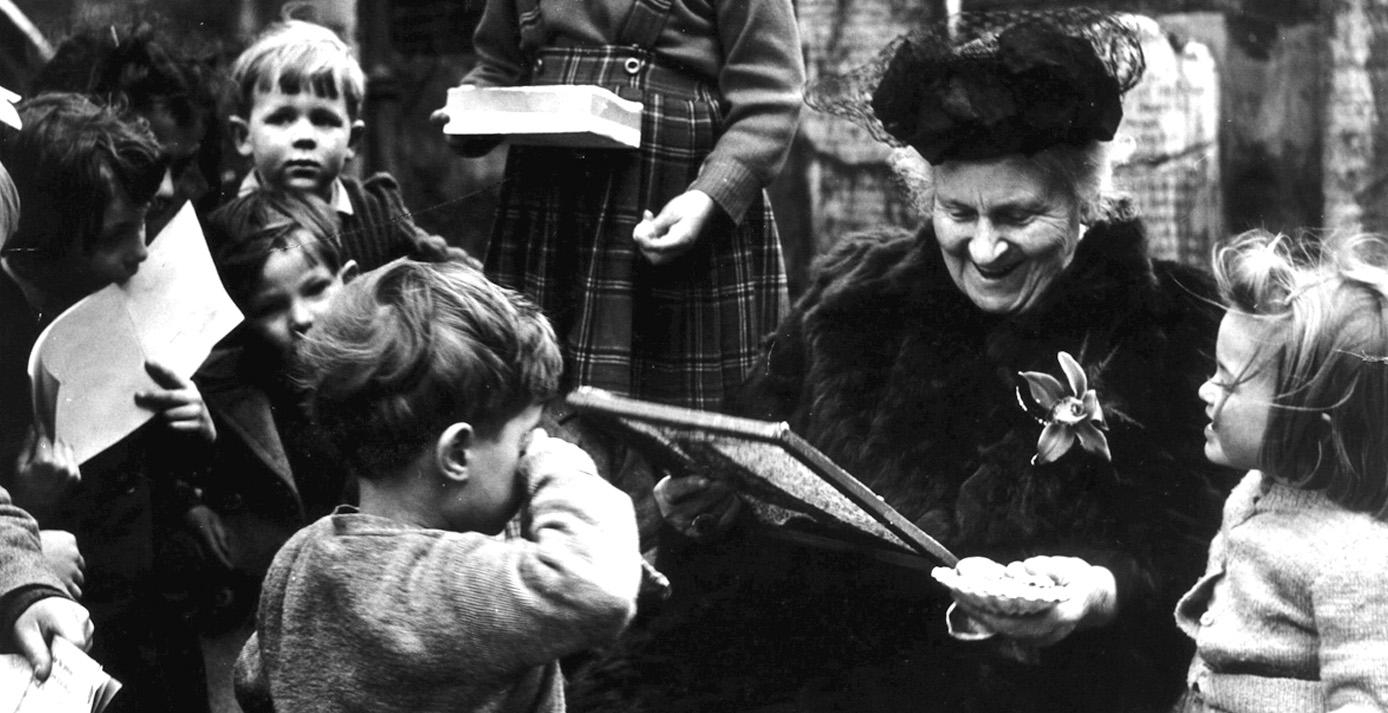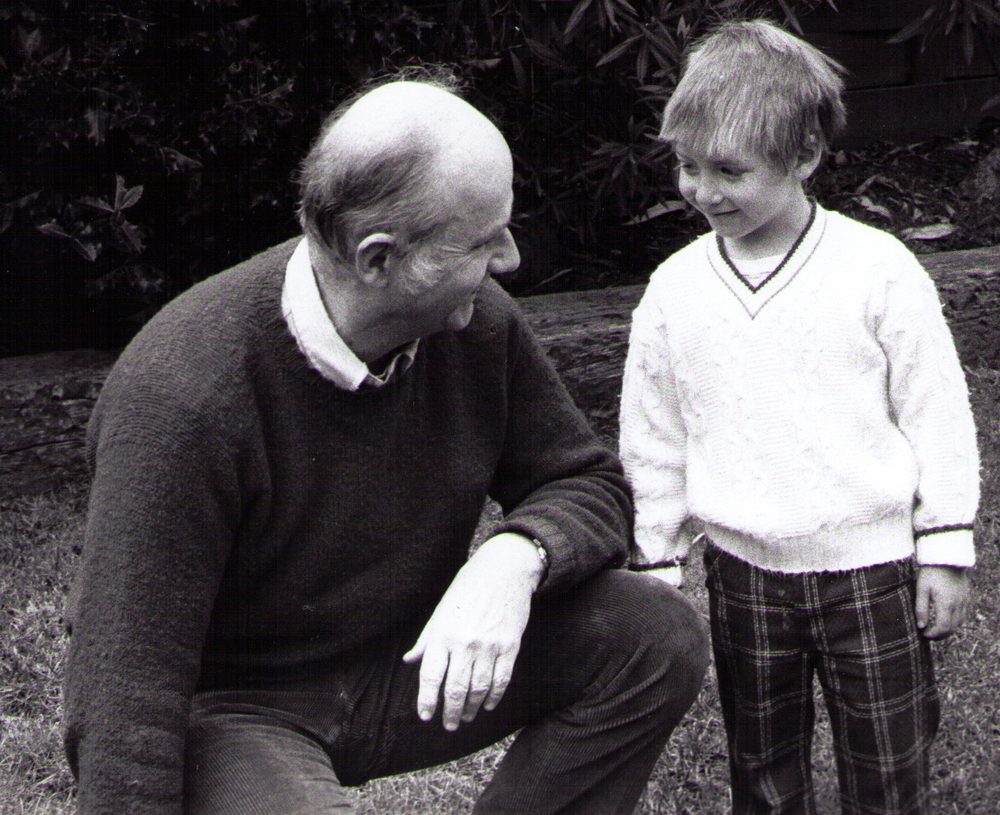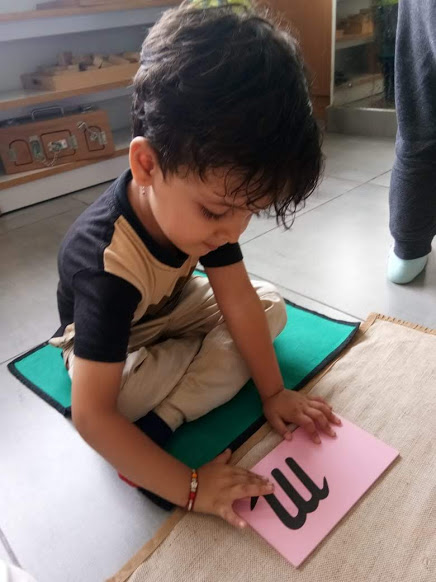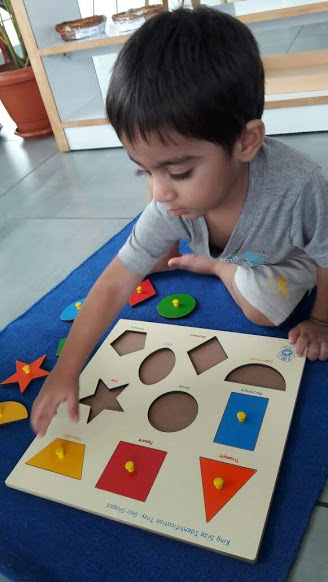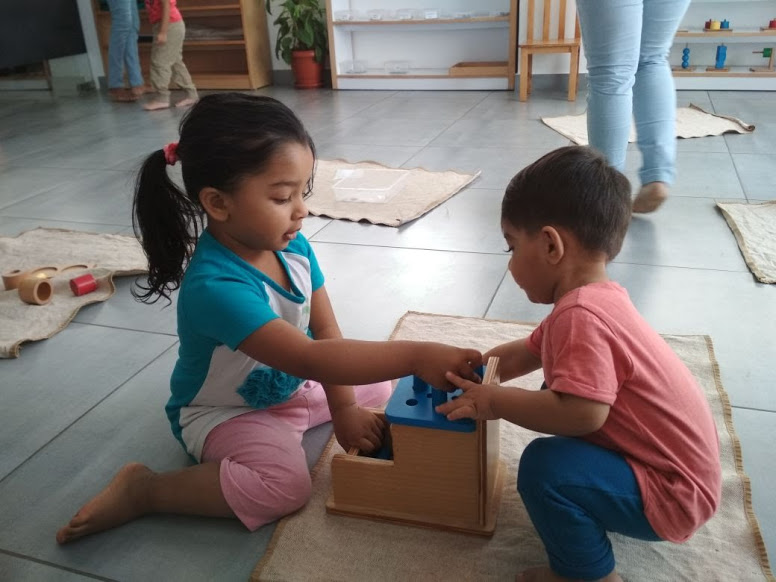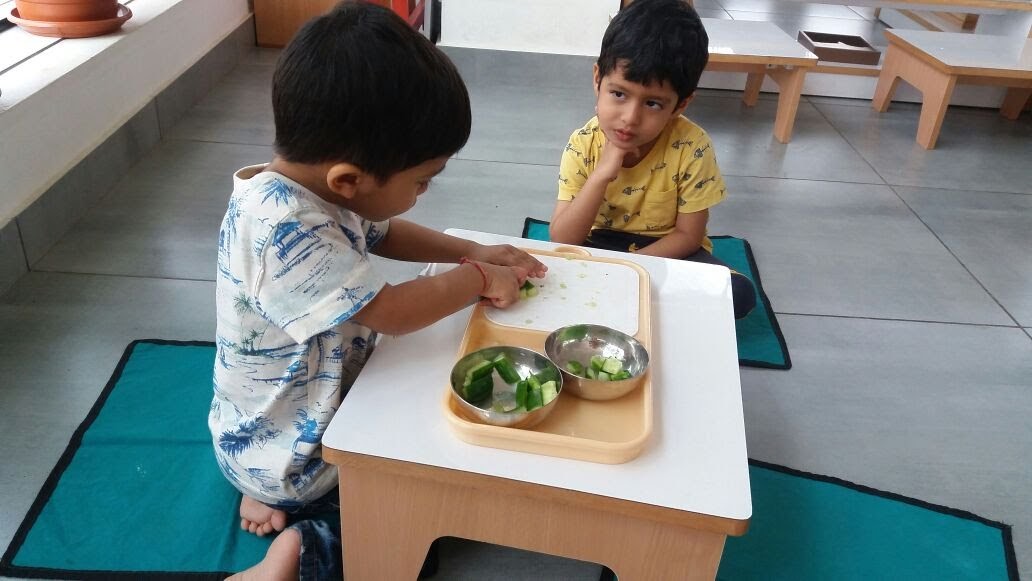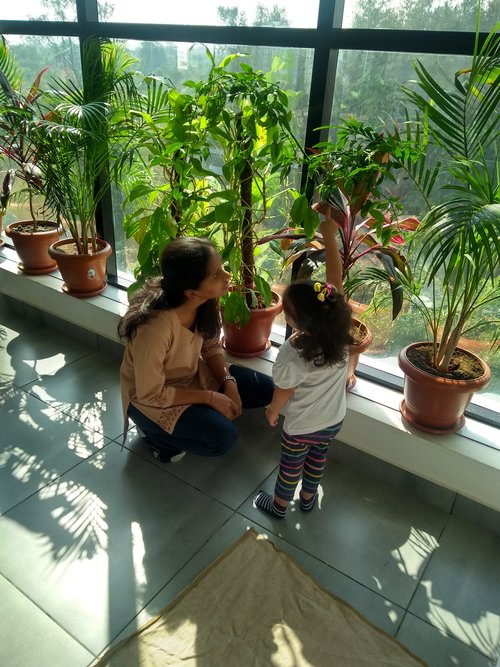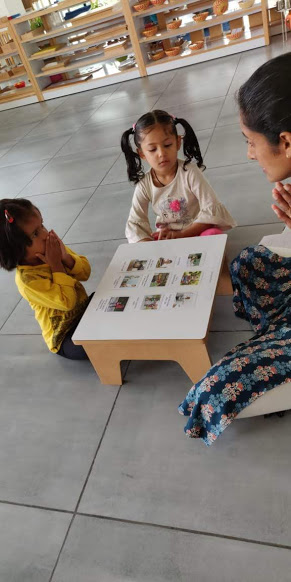The Montessori method of education, developed by Dr. Maria Montessori, is a child-centred educational approach based on scientific observations of children from birth to adulthood.
Dr. Montessori’s method has been time tested, with over 100 years of success Across the world.
Setting The Context
Roots of conventional education
Learning is the process of acquiring new knowledge and skills. Human beings are highly curious; from the moment they’re born, children have a voracious appetite for learning. Yet, conventional education systems don’t operate with this in mind.
As the Industrial Revolution emerged, education systems were invented to meet the trained labour needs of industrialisation, using the principles of mass production. This created an effective method of training the following generations of factory workers. Children were instructed to memorise and regurgitate facts, to follow orders, to sit in nice, neat rows of desks and ask for permission to move..
Education for the 21st century
Our world doesn’t need more test takers, memorisers or followers. Now, more than ever, we need critical thinkers, entrepreneurs and doers. Today, successful people work collaboratively on projects, not factory lines. They are rewarded for creating things rather than following orders This requires a fundamentally different model of education: one that promotes individuality, imagination, problem-solving and creativity, not merely following the herd.
Over the last 30-40 years, there have been several progressive educators and philosophers (John Holt, J Krishnamurti and so on) who have campaigned against traditional education systems through their writings and model schools. However, more than 100 years ago, Maria Montessori blazed her own trail through this very path, leaving us with a fully-formed educational system that delivers the very outcomes that the 21st century demands.
Outcomes That Montessori Delivers
INDEPENDENCE & SELf-Confidence
Montessori children acquire a level of physical and intellectual independence rarely seen in traditional environments. They learn to take care of their own needs (eating, dressing) and their environment (cleaning up after lunch, taking care of classroom plants) This daily experience of being trusted with real responsibility for meaningful tasks results in children who have the earned self confidence that comes from actual mastery (compared to the hollow self-esteem based on empty praise by others.)
Because we acknowledge that mistakes are necessary for learning, because we greet spilled water or a broken glass with a calm, constructive attitude, children discover that it is alright to make mistakes, and that we can and should learn from them. Montessori children thus acquire a growth mindset, the belief that they can always improve any skill if they put their mind to it.
Joyful acquisition of academic skills
Montessori children learn to write, read and do arithmetic into the thousands. The difference with traditional schools is that they do so joyfully, with activities they choose! Parents are often puzzled by this -- how can a child practically teach themselves language and math with only limited guidance from the teacher ? Yet, it happens because we trust the child and their intrinsic motivation to learn.
In fact, it is not uncommon to see Montessori children operating at several grade levels above CBSE/ICSE standards.
EXECUTIVE FUNCTION SKILLS
Recent research shows that executive function skills (self control, organisation, time management) are more highly correlated with school and life success than even IQ. Montessori purposefully develops these skills.
When a child has to wait for a material another child is working with, or when he stands calmly to observe a friend at work, he practices impulse control. By executing multi-step processes, such as table washing, and by always completing a full cycle of work—from taking a material from a shelf, to doing the activity and replacing it in its proper spot—the child learns organisation and problem solving.
How Montessori Delivers Outcomes
Uninterrupted 3-hour “work cycles”
Most schools follow tight, adult-led schedules, with a new group activity (or “period”) every 30-45 minutes. In contrast, authentic Montessori schools like ours offer long, uninterrupted work periods that allow children to fully engage in tasks that they have chosen for themselves, under the careful, individual guidance of their educator. Montessori children thus have repeated opportunities to get really engrossed in their activities, and experience regular states of concentrated focus.
As adults, we cannot focus when we know we’ll be interrupted soon; neither can children. Unstructured, child-led time is key in building concentration skills at the foundation of all learning!
MIXED-AGE COMMuNITIES
Most traditional programs segregate children by age into the 3’s, 4’s, Pre-K (or Mont-1, Mont-2, Mont-3) and so on. Authentic Montessori schools instead group 3- to 6-year-olds (and 6 - 12 year olds) into one class. This builds a strong, family-like community, with lasting relationships between child and teacher, and friendships between children of different ages.
Young children look up to and learn from older ones; while the 5- and 6-year-olds gain confidence as they become classroom leaders and mentors for their younger peers.
The PREPARED ENVIRONMENT
Our classrooms are large, open spaces, framed by low open shelves which display a variety of educational materials or “works” from which a child can choose freely. The attractive materials—made from brightly painted wood, ceramic, metal, or glass—are specially designed to be “self-correcting” and lend themselves to repeated practice. A child using them can independently gauge his own performance, without needing constant feedback from a teacher.
Classroom furniture is child-sized and can easily be moved about by the children, who thereby learn to adapt the classroom space to many different uses.
A CAREFULLY SEQUENCED CURRICULUM
While most conventional preschools have the same type of toys you already have at home—think legos, colouring pages, trains and blocks—Montessori schools offer something different to your child. Displayed beautifully on low shelves, there are dozens of scientifically designed learning materials. Each activity has been selected very carefully; each one teaches multiple skills and enables the child to problem solve, to use his hands and all his senses, to repeat an activity by choice and achieve deep mastery.
By progressing at his own pace through these activities, a Montessori child joyfully refines his gross and fine motor skills, and, ultimately, progresses to reading, writing and arithmetic in preschool (and beyond in elementary school!)
The Role of Montessori Educators
Academic Guide
The teacher thoughtfully prepares a classroom environment with materials and activities that meet her students’ unique interests, academic level, and developmental needs.
At the appropriate time, she presents these materials to children (individually, or in small groups) who show an interest.
Skilled Observer
Through careful observation, the Montessori teacher comes to know each student’s interests, learning style, and temperament. She understands the student’s developmental needs, and is receptive to their “sensitive periods”. when the child is most ready to learn a new concept or skill.
With this information the teacher chooses materials and lessons that will capture the student’s attention. When she observes that the student has mastered a concept or skill, she introduces new lessons that become increasingly complex and abstract.
Role Model
A Montessori community is fertile ground for nurturing the qualities that help children and youth become citizens of the world and stewards of the planet.
By her own behaviour and attitudes, the teacher models values such as empathy, compassion, and acceptance of individual differences. She encourages the students to be courteous and kind, and brings students together in collaborative activities to foster teamwork, responsibility, self-discipline, and respect.



